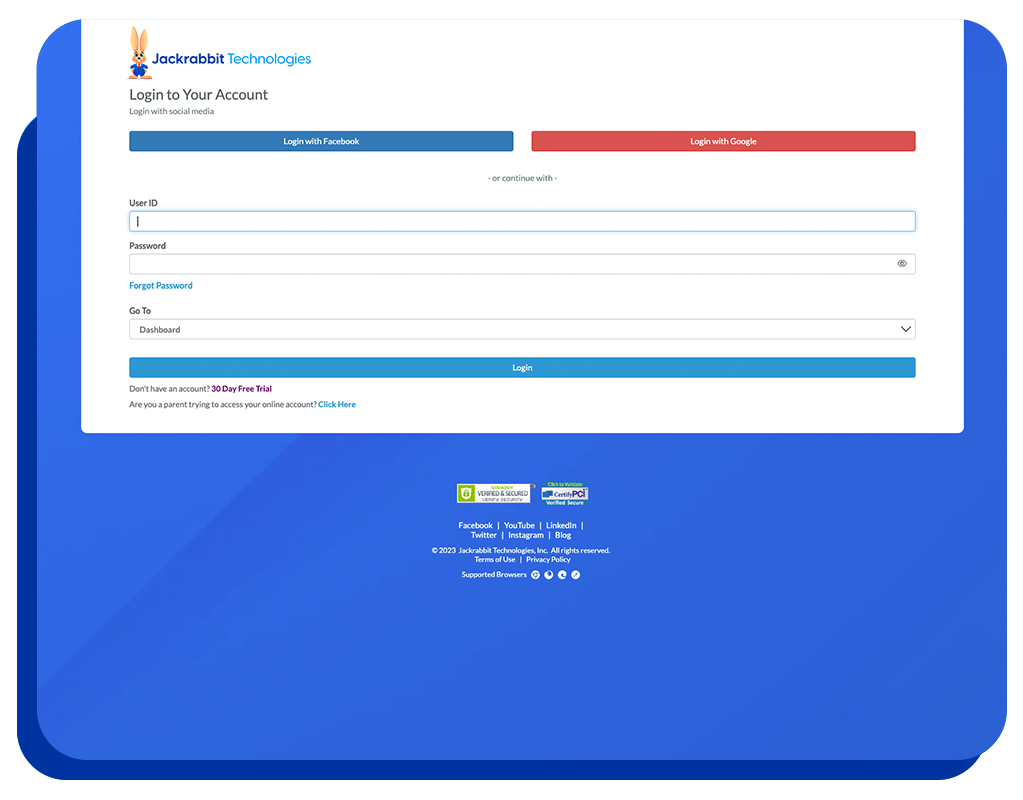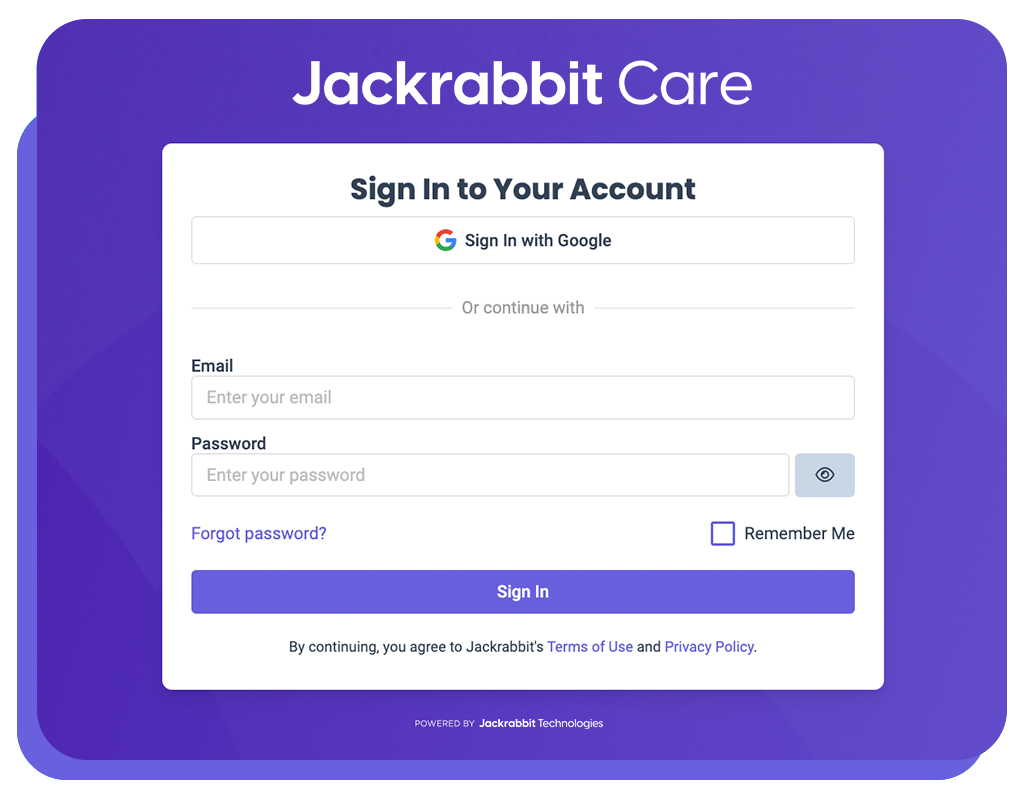Asthma, one of the most common chronic disorders in childhood, currently affects an estimated 7.1 million US children under 18 years. The Centers for Disease Control indicates that the number of children currently suffering from asthma in the US is 7.1 million or 9.5%. That is a higher percentage than in the non-institutionalized US adult population. Cases of diagnosed asthma are increasing in the US.
If not properly managed, asthma can be life-threatening. Fortunately, deaths due to asthmas are relatively rare among children. The potential that asthma will be fatal increases with age. According to the American Lung Association, parents saw the deaths of 157 of their children under 15. During the same year, there were 617 adults over 85 who died from asthma.
Because of the ways that asthma can be triggered and the speed at which attacks can occur, asthma is a condition of which childcare facilities should be knowledgeable and for which they should have a plan.
To be confident that children will have the best possible caregiving environment – even if they have asthma, research must be done. The caregiver should know that children need this special care before they ever set foot in the door but even more important, parents must know that the childcare facility is prepared for the needs of asthma sufferers. The preparedness of the facility will ensure that children are confident that caregivers know what to do if they suffer an attack and trust them to take the proper actions – and precautions. To gain their trust, the transition from home into the childcare environment must be smooth, seamless and have the proper support to help children keep their asthma under control.
An asthma-friendly checklist developed by The National Heart, Lung, and Blood Institute of the National Institutes of Health establishes a guideline to choosing a prepared and supportive care provider. Beginning with what programs already have in place helps to determine how prepared child care settings are to assist asthmatic children.
- Is a medical or nursing consultant available to help child care staff write policy and guidelines for managing medications in the child care setting, reducing allergens and irritants, promoting safe physical activities, and planning field trips or outside activities for children with asthma?
- Have child care staffers been instructed on how to give medications prescribed by each child’s health care provider and authorized by each child’s parent?
- Is someone available to supervise an older child while taking asthma medicines and to monitor correct inhaler use?
- Are written emergency plans (prepared for each child) available to provide to the care provider in case of severe asthma episodes?
- Does the plan make clear what action to take, whom should be called, and when to call?
- Does a nurse, respiratory therapist, or other knowledgeable person teach child care staff about asthma, asthma action plans, reducing allergens and irritants, and asthma medicines?
- Is someone available to teach the child’s classmates about asthma and how to help a classmate who has asthma?
- Does the child care provider help children with asthma participate safely in physical activities?
“Yes” answers to “most” of these questions is not acceptable. Any “no” answers must raise a flag that the children with asthma in this setting could face barriers that may impact attendance and participation in the program – and their safety.
What is absolutely essential?
When children are encouraged to be physically active, it should be clear whether the asthmatic children can take or be given medicine before exercise. There should be modified or alternative activities that are available for children if they cannot participate because of the type of exercise offered or weather conditions.
What is the provider’s special care plan?
The child care program should have a written special care plan available for review — and provide a copy of it to health care providers of the affected children for the children’s files. This care plan can list the usual information such as parent phone numbers, and primary care provider’s and asthma specialist’s numbers. But it also should list day-to-day points that providers can evaluate when taking care of the child such as:
• Triggers: What triggers each child’s asthma? Colds, mold, exercise, strong odors, animals, or weather changes?
• Outdoor Activities: What outdoor activities for each child need special attention? Running hard, going outside on cold or windy days, jumping in leaves, or playing near freshly cut grass?
• Indoor Activities: What indoor activities for each child need special attention? Sitting on rugs or carpets, being exposed to chalk dust or glues, or providing pet care?
• Signs and Symptoms: What are the typical signs and symptoms of each child’s asthma episodes? Fatigue, wheezing, quicker breathing, panting, or difficulty with playing, eating, or drinking?
• Meter Results: What are the peak flow meter results for each child (if old enough). Are recordings of these meter results available to put in their files?
These measures should be included – as a best practice – on special care plans used by child care providers for monitoring breathing with a peak flow meter: the child’s personal best reading, a reading that indicates when an extra dose of medicine is needed, and a reading that indicates when medical help should be called.
• History: How many times in the past three months has each child needed urgent care from a health care provider for an asthma attack? How about in the past twelve months?
• Medications: What medications does each child need for routine and emergency treatment of their asthma?
It might be a good idea for all child care providers to review a sample of a special care plan. The National Resource Center for Health and Safety in Child Care has one available on their website.
























